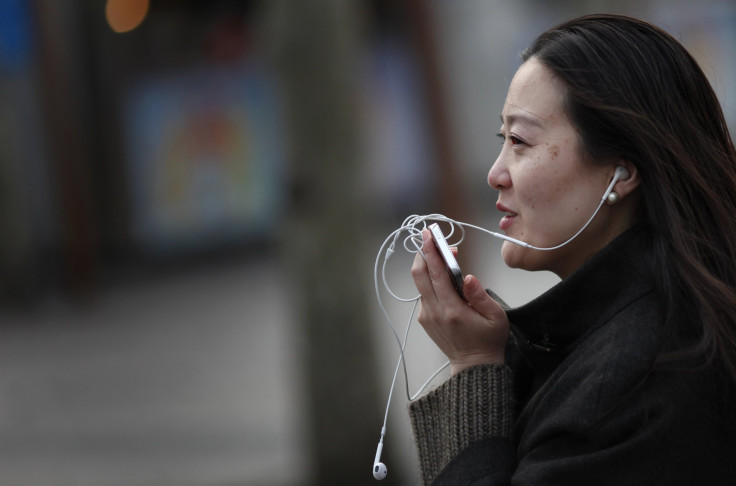Apple Inc. (AAPL) Partners With Alibaba To Open Official Online Store On Tmall.com To Boost IPhone 5 Sales

Apple Inc. (NASDAQ:AAPL) means serious business in China. The Cupertino, Calif., company opened an official online store on Tmall, a flagship online shopping platform operated by Alibaba Group Holding Ltd., and will open its 10th brick-and-mortar store in China on Friday.
Apple already runs an online store on its own Chinese website, but it is hoping to add another distribution channel with its shop on Tmall, the Wall Street Journal reported on Wednesday.
The shopping platform differs from Taobao, which is also under the Alibaba banner, in that it works exclusively with established brands, not individual sellers. The site has a higher barrier to entry, requiring merchants to pay a deposit and an annual service fee and charging a commission on each transaction. Tmall currently hosts more than 70,000 merchants, including Nike Inc. and Gap Inc.
Taobao, which operates more like eBay, on the other hand, is where shoppers go to look for lower prices. The marketplace hosts 7 million merchants and 800 million item listings. Researchers believe China is on the cusp of overtaking the U.S. as the world’s largest e-commerce market, according to the Wall Street Journal.
China has become an increasingly important market for Apple, which has until recent months struggled to gain a strong foothold in the world’s second-largest economy. But the tide is certainly turning for Apple, with the signing of its partnership with China Mobile (NYSE:CHL), the largest Chinese mobile network carrier, with more than 760 million subscribers.
In the first two days after pre-orders began, China Mobile received 250,000 units of iPhone 5S orders, including both units with contracts and unlocked units, which are sold through other channels.
Analysts have been expecting Apple to ship between 15 million and 25 million new iPhones through China Mobile’s distribution channels alone in 2014. Estimates vary greatly, however, with some expecting less than 5 million. But even if the deal is not as lucrative as the initial hype suggested, the fact that now all three of China’s state-owned mobile carriers are compatible with Apple products could only be good news for the company in the huge but very competitive Chinese mobile market. It may even be able to overtake Samsung Electronics Co. Ltd. (KRX:005935) soon as the leading smartphone supplier in China.
© Copyright IBTimes 2024. All rights reserved.











